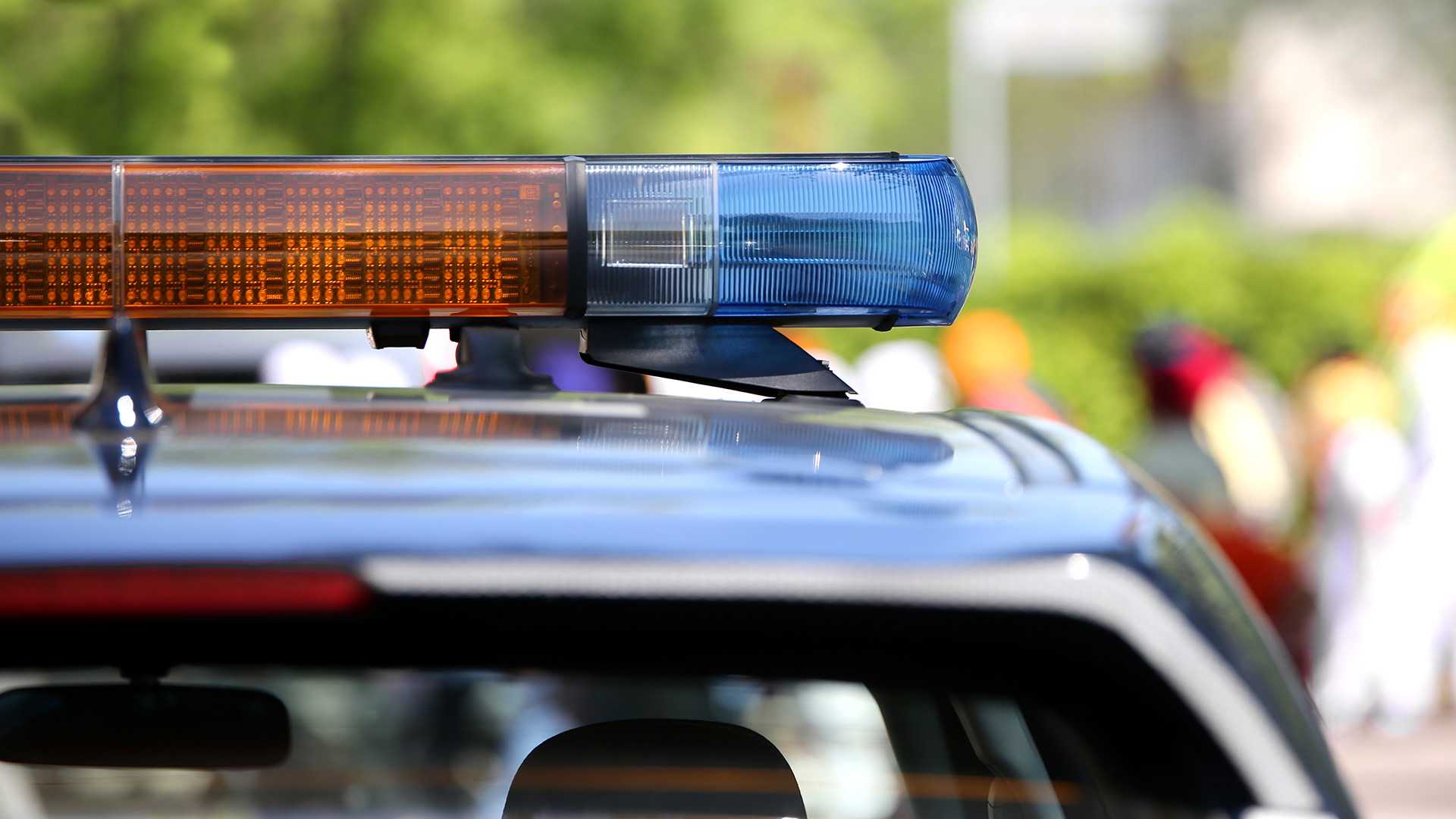
Affluent Minneapolis neighborhoods have started a crowdfunding initiative to “buy back” police overtime hours for increased patrols as crime continues to plague the city.
The move comes two years after the city pledged to disband its police department following the killing of George Floyd.
Several neighborhoods, including Lowry Hill, have pooled money via the nonprofit organization Minneapolis Safety Initiative (MSI) to secure a $210,000 contract with the city to fund extra police patrols from January 17 to December 31.
Under the contract, one hour of police patrols amounts to $107 per officer.
The nonprofit stated on its website that the initiative is a “temporary measure to address the current crimewave while the Minneapolis P.D. continues to rebuild to full staffing levels.”
The Minneapolis P.D., which currently has 564 active officers, is nearly 200 officers short of the charter-mandated 731 based on the census.
The police department says the buyback program is a way to target crime trends and hotspots and to increase the pool of available hours for patrols to provide security to neighborhoods.
In order to have a meaningful impact, the MSI suggested that residents donate $220 per month.
The contract between the nonprofit and the police department allows neighborhoods to purchase police overtime hours through a buyback program.
Other groups, such as sports teams and large-scale venues, have likewise purchased extra police hours for additional security.
According to the Minneapolis Post, city neighborhoods account for roughly 22% of the 9,700 buyback overtime hours that Minneapolis officers worked in 2021.
The Downtown Minneapolis Neighborhood Association funded a similar program that aimed to increase police patrols in the downtown Mill District. However, the program was not made in partnership with the city.
So far, the MSI has raised more than $4,800 of its $30,000 goal.
The push for more grassroots funding clashes with the city’s stance to defund the police and represents a reversal of the city’s former policy.
For instance, in 2020, the city cut over $1 million from the police budget with plans to reallocate the money. A year later, voters rejected a city council plan to replace the police department with a department of public safety.
However, due to the rising crime over the past few years, Minneapolis residents are urgently pressing for more police on the streets.
The crowdfunding initiative has already drawn criticism from some residents and advocates who argue that wealthier neighborhoods will be able to “buy” more police officers.
“I don’t believe safety should be measured or administered based on the economic tax bracket that you’re in,” AJ Awed, executive director of Cedar Riverside Community Council, said. “When it comes to your safety, I don’t think money should be an object but unfortunately that seems to be the reality of the situation.”
Ward 1 Councilmember Elliott Payne also criticized the initiative, saying it could create inequity in public safety for low-income neighborhoods.
“I’m of the opinion that everyone who’s a taxpayer should get equal service, and I’m not comfortable with wealthier neighborhoods pooling resources to get superior service,” Payne said. “I would rather see this be managed more equitably as part of a comprehensive staffing model that is driven by actual needs of neighborhoods, not necessarily just the resources of one neighborhood versus another.”





